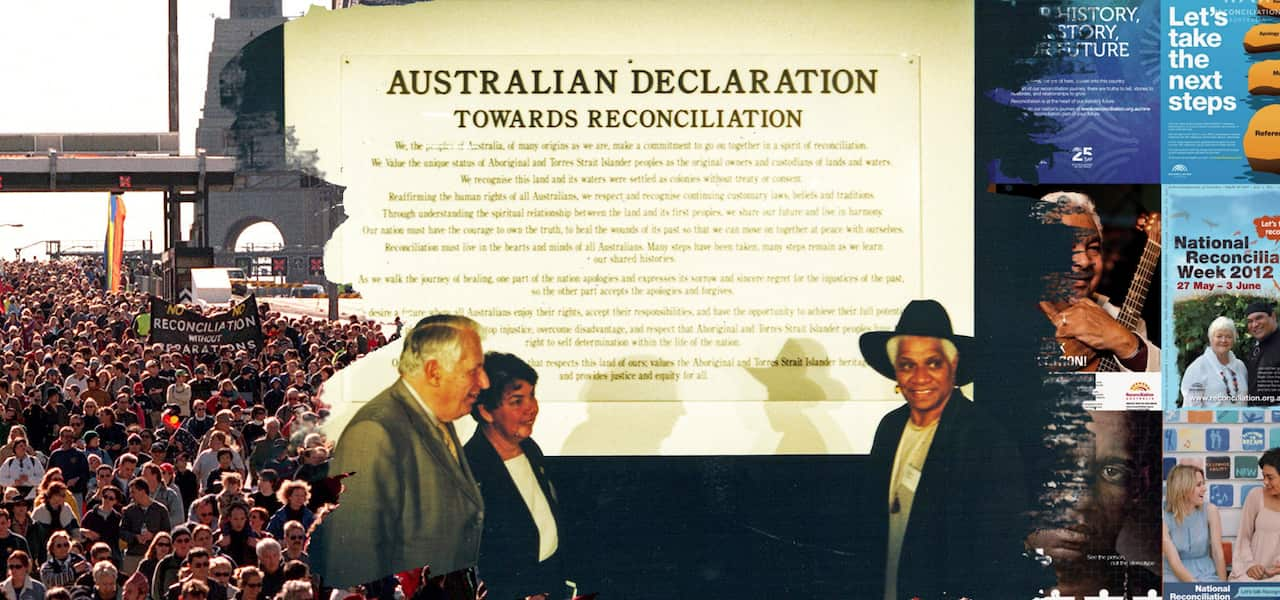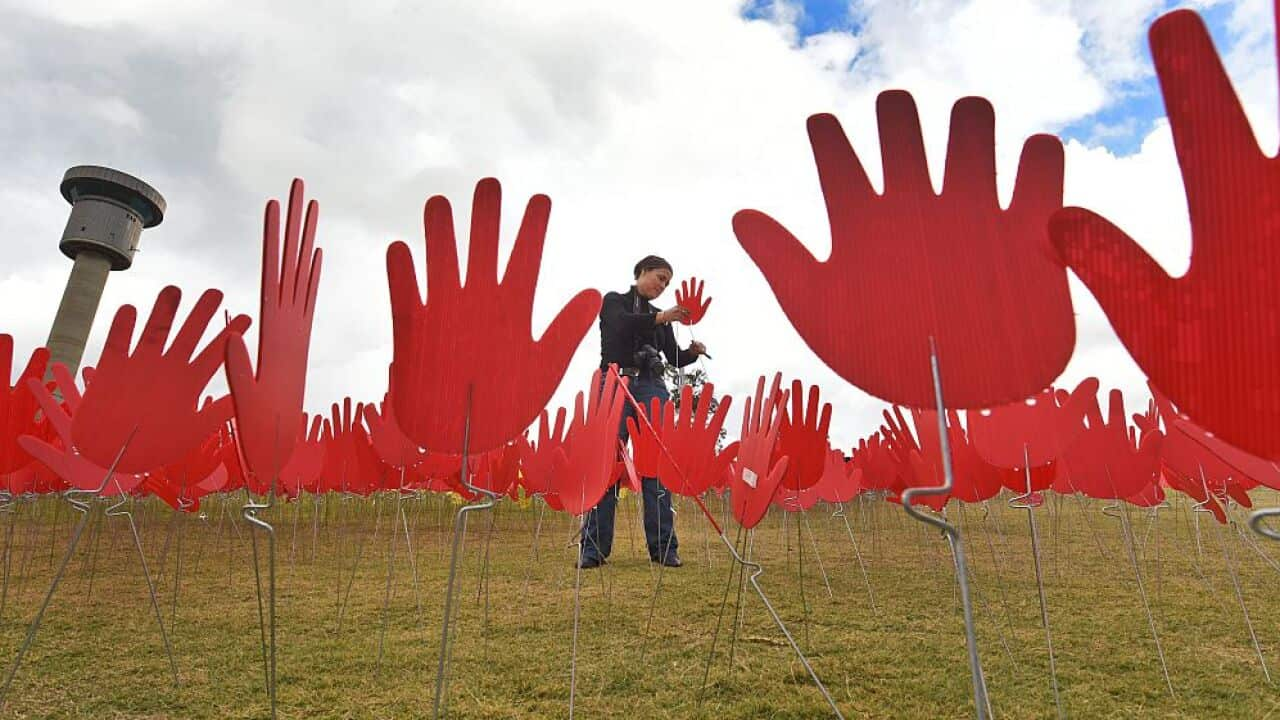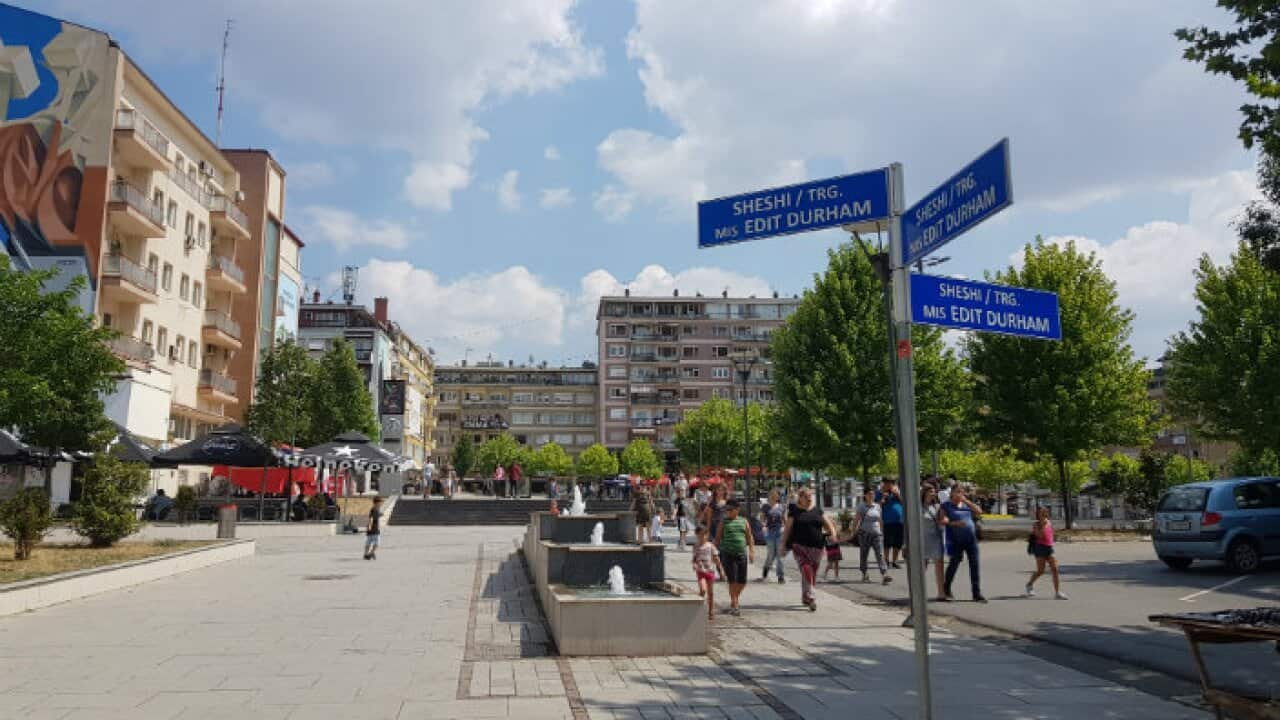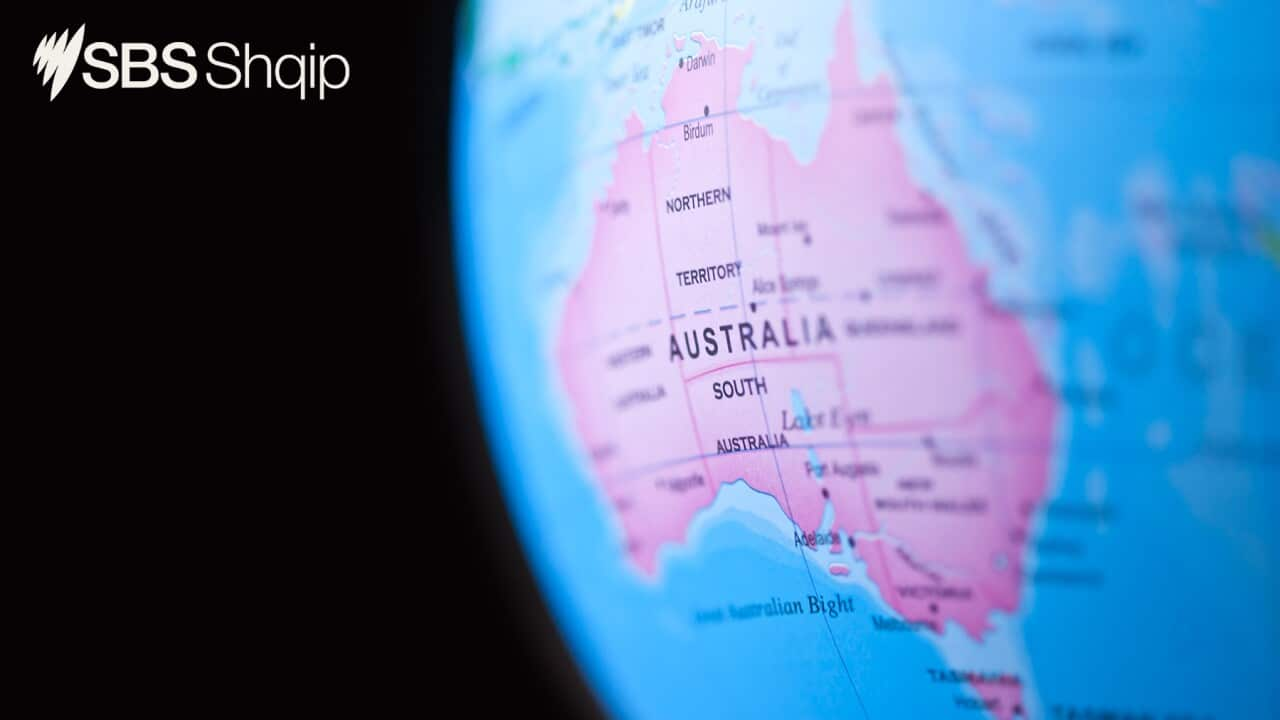Each year National Reconciliation Week, held between 27 May and 3 June, is dedicated to growing respectful relationships between Aboriginal and Torres Strait Islander people and other Australians.
All Australians are invited to be part of the journey towards reconciliation.
Reconciliation Australia, an independent, national not-for-profit organisation, initiates the week in its effort to break down the barriers between Indigenous and non-Indigenous Australians.

Significant events in the journey towards reconciliation
Australia has seen a number of milestones towards reconciliation between the early 20th and 21st centuries.
1932 William Cooper establishes the Australian Aborigines’ League. Mr Cooper and other leaders of the Aborigines Progressive Association gathered nearly 2,000 signatures on a petition that called Prime Minister Joseph Lyons and King George VI to work for Indigenous rights “for the preservation of our race from extinction and to grant representation to our race in the Federal Parliament”.
1948 The Commonwealth Nationality and Citizenship Act gives the category of ‘Australian Citizenship’ to all Australians, including Aboriginal and Torres Strait Islander peoples, for the first time. Although, Aboriginal and Torres Strait Islander peoples still suffered legal discrimination at a state level.
1971 Neville Thomas Bonner becomes the first Aboriginal parliamentarian after being elected as Senator for Queensland.
1977 Patrick Dodson became the founding chairman of the Council for Aboriginal Reconciliation, which worked for greater unity between Indigenous and other Australians. This role led to him being known as the ‘Father of Australian Reconciliation.’
As chair he brought together leaders from many sectors to take part in a forum called Aboriginal Reconciliation Convention. The convention took place to help the council work towards it aims and Indigenous rights.
1985 Uluru in Central Australia is handed back to its Traditional Owners.
1992 The High Court of Australia recognises Native Title in the landmark Mabo v Queensland (No.2) (1992), rendering terra nullius as wrong.
Former prime minister Paul Keating delivers the ‘Redfern Speech’ recognising Indigenous people as dispossessed and the devastating effects of the government’s assimilation policies, uch as the forced removal of children.
The Aboriginal and Torres Strait Islander Social Justice Commissioner position is created. Professor Mick Dodson AM was the first person to be appointed.
1995 The Australian Government officially recognises the Aboriginal and Torres Strait Islander flags.
2008 Former prime minister Kevin Rudd apologises to members of the Stolen Generation. The Stolen Generation are Indigenous families whose children were taken away under government welfare policies to European families. Many did not have the chance to reunite.




